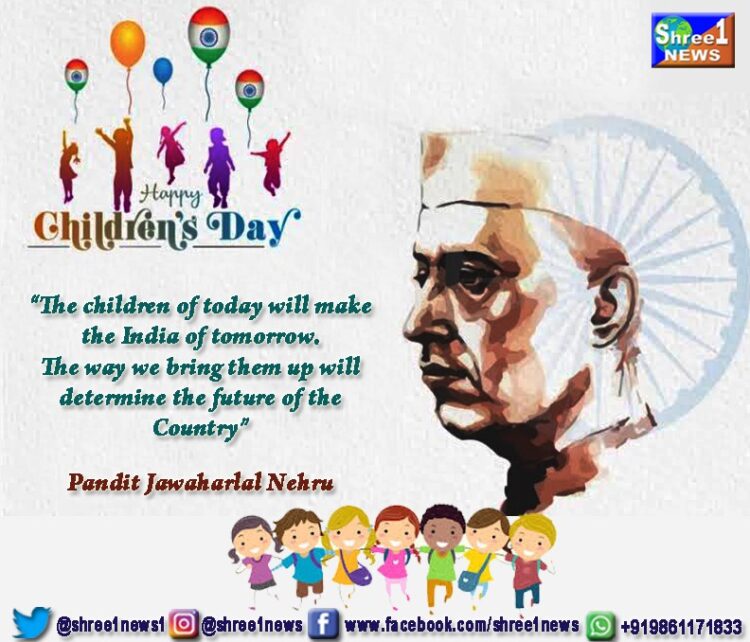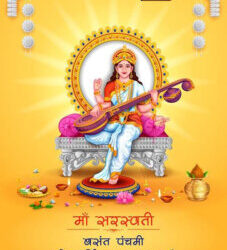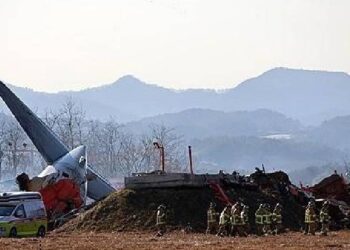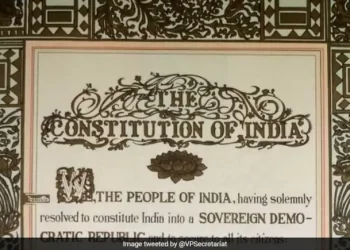Every year on November 14, India celebrates Children’s Day. After the death of India’s first prime minister, Jawaharlal Nehru, affectionately known as Chacha Nehru, this day was designated as Children’s Day. On November 14, Jawaharlal Nehru celebrated his birthday. Nehru was a strong supporter of children’s rights and an all-inclusive education system in which knowledge is available to all. He believed that because children are the future of the country and the foundation of society, everyone’s well-being should be prioritized.

History:
Previously, Children’s Day was observed in India on November 20, the day designated by the United Nations as World Children’s Day. However, following Jawaharlal Nehru’s death, a resolution was passed in the Indian Parliament to mark his birthday as Children’s Day.
Jawaharlal Nehru died in 1964, and to commemorate his birth anniversary, Children’s Day is observed on November 14. He was a strong supporter of children’s rights and an all-inclusive education system in which knowledge is available to all.
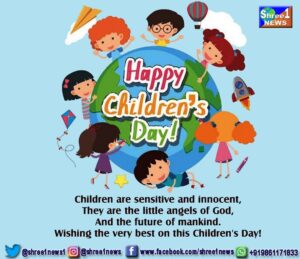
Significance:
Jawaharlal Nehru, affectionately known as Chacha Nehru, believed that children are the future of the country and the foundation of society. Apart from Nehru’s birth anniversary, Children’s Day is observed to raise awareness about children’s education, rights, and to ensure that adequate care is available to all.
Celebration:
Children’s Day is celebrated in an adorable way across the country. This is the day when children are lavished with love, gifts, and pampering.
Children’s Day is observed in schools, where teachers put on programs and entertaining performances for the students, who are also given gifts of food, books, and cards.
Children’s Day is a much-awaited day in India, with students looking forward to seeing their teachers put on performances in schools for their entertainment.
Source:HT







 Finance
Finance